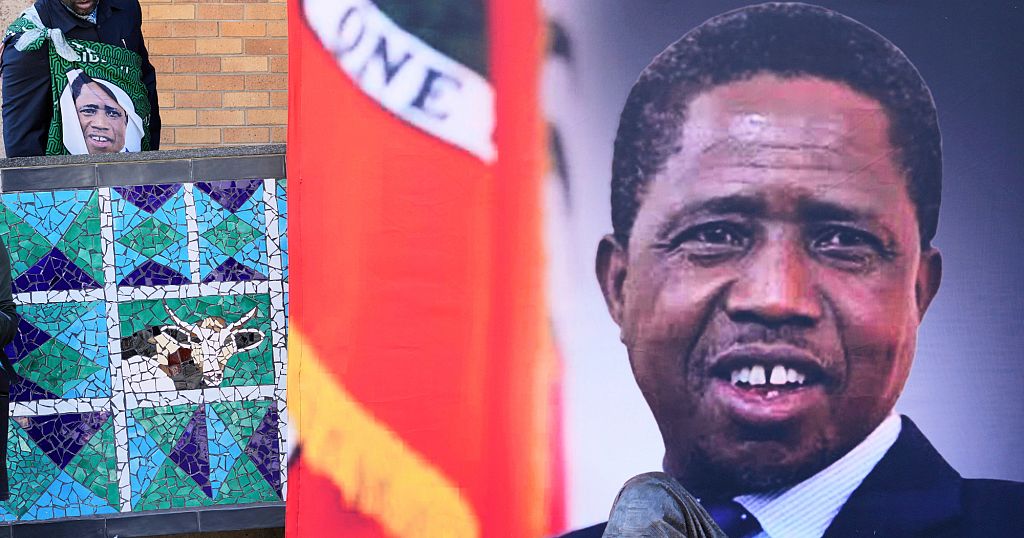A South African court has cleared the way for Zambia to repatriate the remains of former President Edgar Lungu for a state funeral in his homeland, overriding objections from his family and concluding a legal battle marked by political tensions. The ruling, delivered Friday by Judge President Aubrey Ledwaba of South Africa’s High Court, prioritizes national protocol over personal preference, citing public interest in the burial of a former head of state.
Lungu, Zambia’s president from 2015 to 2021, died in June at age 68 while receiving medical treatment in South Africa. Though he reportedly wished to be buried there, his family faced resistance from the Zambian government, which invoked legal precedents asserting that former leaders merit state funerals in their home countries. The family had also requested that current President Hakainde Hichilema—Lungu’s longtime political rival—stay away from funeral proceedings, reflecting a bitter feud dating back years.
The court’s decision underscores a divisive chapter in Zambian politics. Lungu and Hichilema clashed repeatedly, with Hichilema briefly jailed in 2017 on charges supporters called politically motivated. Last year, Lungu accused Hichilema’s administration of harassment, while his family alleged the government initially obstructed his medical travel—a claim officials denied. The burial dispute has further polarized supporters, with Lungu’s allies framing the state funeral push as an effort to dominate his legacy.
Judge Ledwaba’s ruling cited Zambian legal principles that classify state funerals as matters of national significance, noting that even a leader’s explicit burial wishes could be superseded by public interest. “Such a desire must be set aside in favor of public interest,” he stated. While Lungu’s family retains the right to appeal, Zambian Attorney General Mulilo Kabesha urged acceptance of the judgment, calling it a step toward resolution. “This isn’t about winning,” Kabesha said. “It makes sense that a former president be laid to rest where he served.”
The case highlights tensions between individual autonomy and state authority, resonating beyond Zambia’s borders. Critics argue that families should decide final resting places, while proponents stress the symbolic importance of honoring national figures. For Zambia, a nation with a history of contested power transitions, the funeral could either ease divisions or deepen them. Observers note that Lungu’s supporters may view the state-led ceremony as an act of political control rather than unity.
Authorities now plan to repatriate Lungu’s remains and organize a formal burial. Legal experts suggest an appeal faces challenges given the court’s emphasis on national interest. As Zambia prepares to bid farewell to its former leader, the ceremony’s outcome—whether reconciliation or renewed strife—remains uncertain, leaving the nation to navigate the delicate intersection of grief, legacy, and politics.
